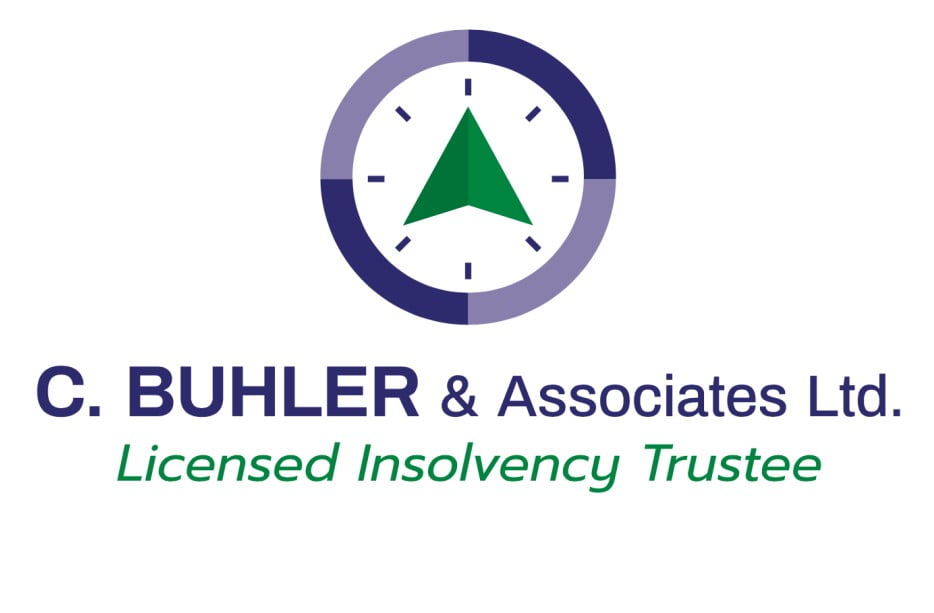Do I need to file a corporate bankruptcy, a personal bankruptcy, or both?
Only a Licensed Insolvency Trustee (LIT) can tell you for sure if you need to file a corporate bankruptcy or personal or both. Recognizing how intertwined they can be, a LIT will review the personal and corporate financial situations. A LIT will ask you questions about the debts that the corporation has, and which of those debts you may be personally liable for. Keep in mind that federal, provincial, and territorial law may dictate that the Directors of a corporation are personally responsible for certain corporate debt. These would include debts such as payroll source deductions, GST and possibly others. A LIT can provide you with a full review of whether you, your corporation, or both need to consider a bankruptcy or corporate restructuring.
.
After meeting with my Trustee, I’ve chosen to file a personal bankruptcy. My corporation has stopped operating but creditors are still threatening to sue the company-what do I do?
Assuming your corporation is insolvent–meaning that it cannot pay all of its debts before closing its doors–you will not be able to dissolve the corporation. Your bankruptcy will cover personal obligations that you have, either as a director, or personally because of signed guarantees, for trade debts and ordinary unsecured debts. The exception for this is for debts that may fall under section 178 of the Bankruptcy and Insolvency Act.
Your creditors’ only option to recover the debt owed is to pursue the corporation. Assuming there is nothing left to pursue, they will often continue to send letters and make phone calls, but they cannot pursue you personally.
Corporate insolvency situations are unique and often complicated, they require the advice of a Licensed Insolvency Trustee. Be sure to contact us, if you have questions about your situation.





